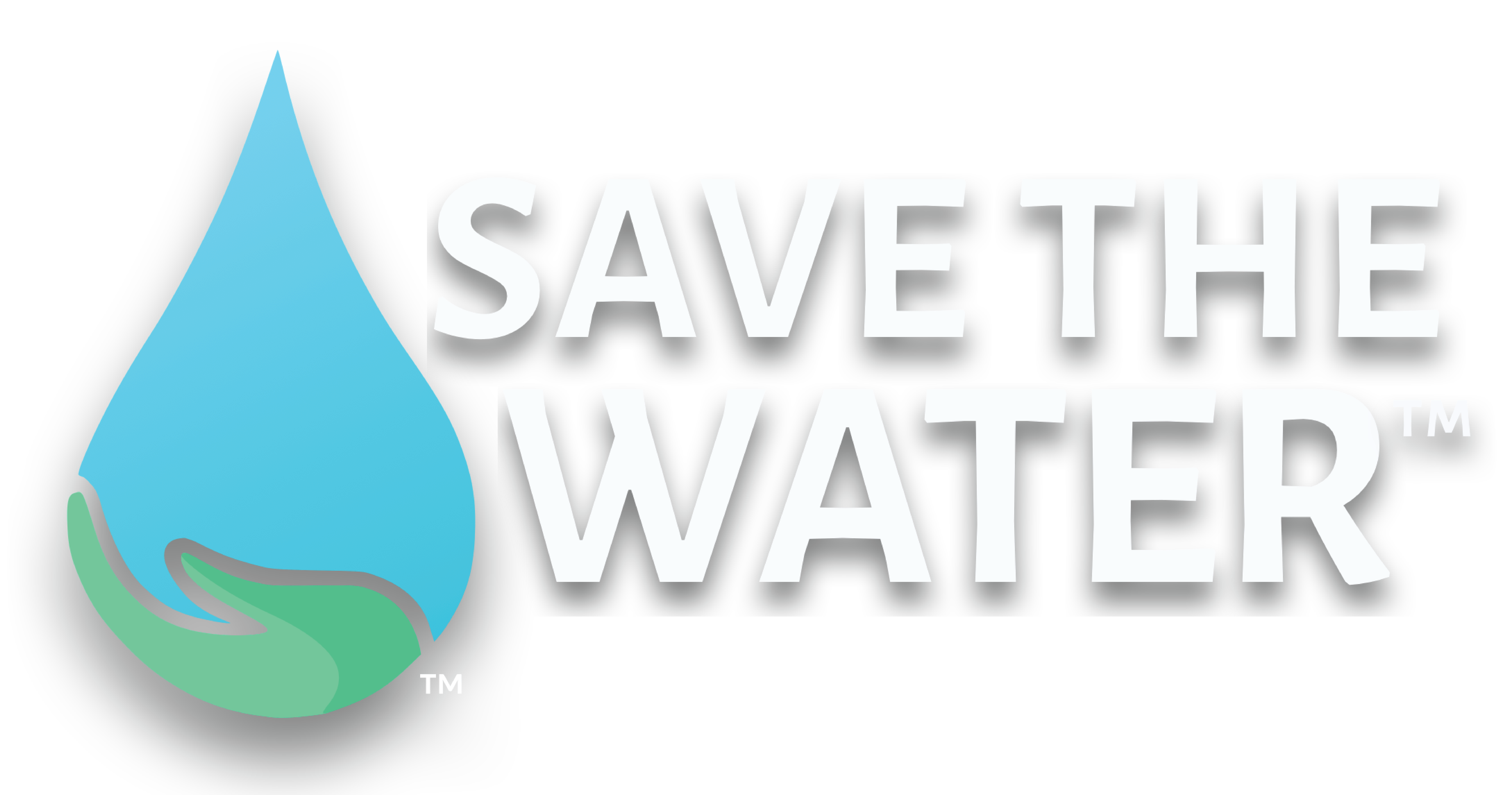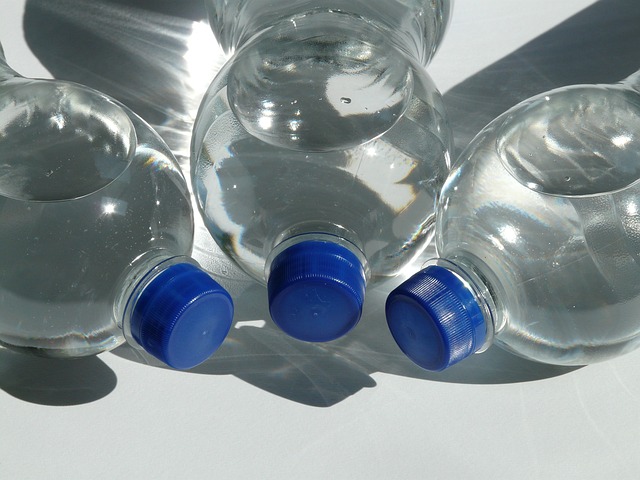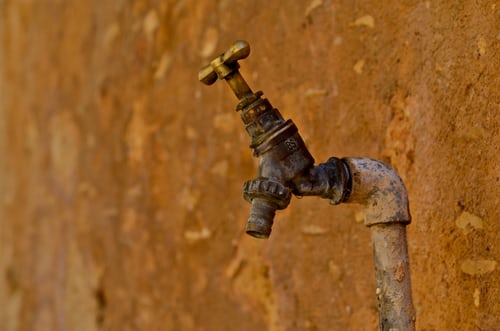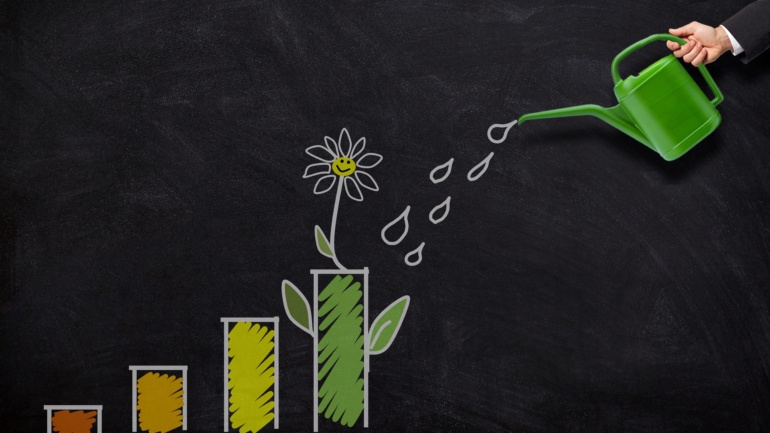By Thu T. A. Nguyen, Publishing Associate: Researcher and Writer at Save the Water™ | May 5, 2023
Bottled water has become more accessible to citizens than safe drinking tap water in many places. However, recent studies have shown that plastic bottles slowly break down when stored incorrectly. This makes it unsafe for human consumption.
This is not the first time water bottle safety is being questioned. Biological contamination has already been found in North America since the early 2000s. In 2019, scientists reported microplastics in the bottles. Today, more and more contaminants, including biological, chemical, and inorganic matters, have been found in bottled water.
Microplastics in Bottled Water
A study in 2018 surveyed bottles from 11 popular bottled water brands in nine different countries. It was found that microplastic (MPs) were present in 93% of the water tested. MPs are seen everywhere we look: in the air, ocean, in fish, tap water, vegetables, beer, and even human stool samples. Thus, it wasn’t a surprise that MPs were detected in bottled water.
Furthermore, water bottles are worsening this issue as the levels of MPs in bottled water is much higher than in tap water.
If stored incorrectly, plastic may be seeping into the water it contains. Packaged water is most commonly sold among fast food restaurants, high end shopping districts, and street vendors around the world. These packages are often made from different types of plastics, such as polyethylene (PE) or polyethylene terpthalate (PET).
Recent studies have shown that rising temperatures can break down plastics. Therefore, this could be a problem for companies that store cases of water in places exposed to the sun.
Heavy Metals in Bottled Water
In addition to MPs, traces of heavy metals are also present in water bottles. For example, a study in March 2023 showed high concentrations of iron, lead, chromium, and other metals in three different water brands in Nigeria. Similarly, heavy metals are also found in South Africa and the United States, highlighting the global relevance of this issue. As per the World Health Organization (WHO), several metals have concentrations higher than the safe level.
According to the 2023 study, the amount of these heavy metals and bacteria increases with sun exposure. Notably, temperature can speed up the metal leaking process.
Though the method for storing water in bottles is extremely important, it is often not followed by handling and shipping companies. Moreover, most third-party vendors, such as grocery and convenience stores, are likely unaware of the proper storing method. Consequently, bottled waters may meet the required regulation at the manufacturer but not when they arrive at the consumer’s hands.
The Effect of Heavy Metal on Human Health
Several sources have investigated the potential link between chemicals in drinking water and human health.
As mentioned in both publications from Nigerian and South African water studies, high concentration of metals in drinking water poses potential health risks, such as:
- Chromium (IV) exposure is linked to stomach cancer.
- Lead is toxic to the nervous system and can cause pregnancy miscarriages.
- Arsenic can increase risks of cancer, heart disease, and diabetes.
- Other consequences brought by ingesting metal include liver, kidney, and intestinal damages.
In an article by the WHO in 2022, arsenic is among the most notable chemical risks in drinking water.
What Can You Do?
Here are a few ways by which you can lower the amount of heavy metals intake:
- Avoid storing your bottled water in direct sunlight
- Keep water containers in cool places, with temperatures between 50-75 degree Fahrenheit
- Think about where and how the bottles are kept when buying bottled water
- Check the container for expiration dates to get an idea of how long it has been stored in that condition
- Use a filtered water source, like filtered tap water, to avoid bottled water all together
Furthermore, to avoid other contamination (e.g., bacteria, microplastics), you can practice the following:
- Read the label to know how the water has been treated. This information is required to be on the labels based on FDA and EPA guidelines. Some processes, like reverse osmosis, distillation, and filtration, can eliminate bacteria.
Know the type and source of your water (mineral water, well water, artesian well water, or spring water). Water from protected wells and springs will less likely contain certain bacteria than untreated water from rivers and lakes.





